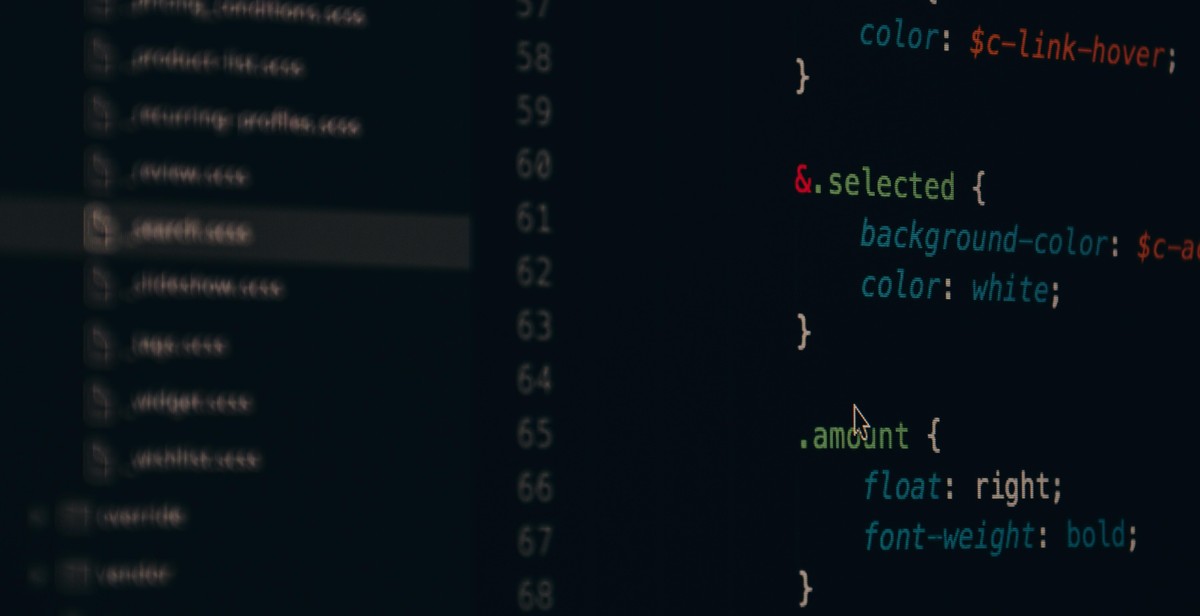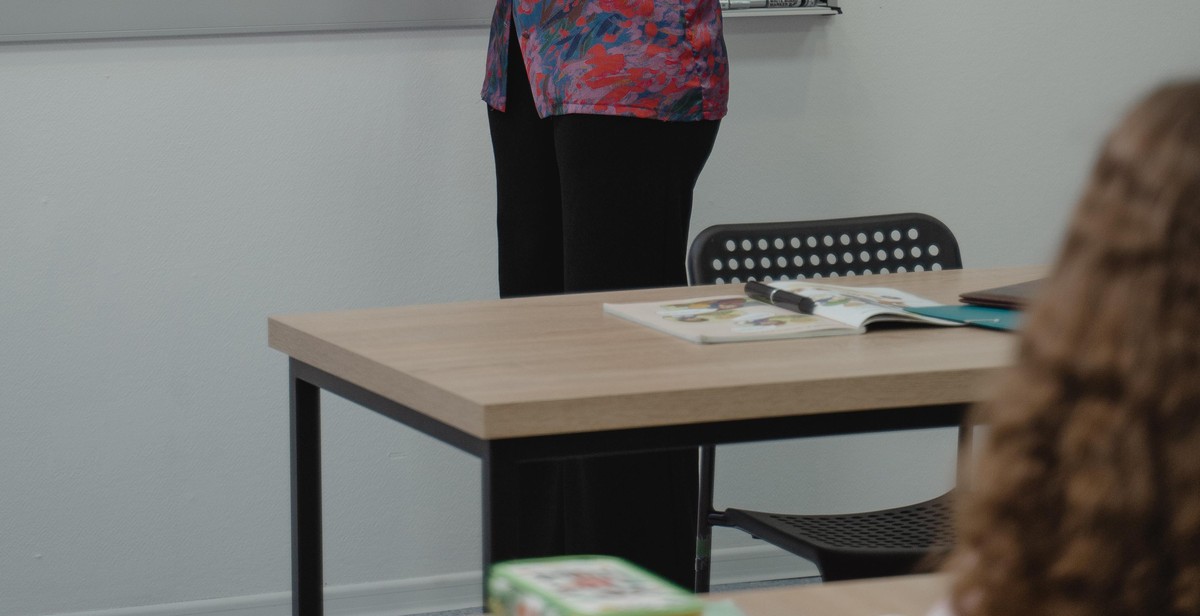How to Develop Effective Language Learning Habits: Creating a Language Study Routine
Language learning can be a challenging and rewarding experience. Whether you are learning a new language for work, travel, or personal growth, developing effective language learning habits is crucial to your success. One of the most effective habits to develop is creating a language study routine.
As a professional article writer and content creator with over 10 years of experience, I have helped many individuals develop successful language learning habits. In this article, I will share my personal experience and insight on how to create an effective language study routine.
First, we will explore the benefits of creating a language study routine. Then, I will provide practical tips on how to set achievable language learning goals, create a study schedule, and stay motivated throughout your language learning journey.
By the end of this article, you will have a clear understanding of how to develop effective language learning habits and create a language study routine that works for you. Let’s get started!

Why Develop Effective Language Learning Habits?
Learning a new language can be a challenging task, especially if you are not consistent in your efforts. Consistency is key when it comes to language learning. Developing effective language learning habits is crucial to achieving fluency in a new language.
The Importance of Consistency in Language Learning
Consistency is vital in language learning because it helps to reinforce what you have already learned. When you are consistent in your language learning efforts, you are more likely to retain information and progress faster in your language studies.
Moreover, consistency helps to build a routine that makes language learning a part of your daily life. You will be able to set aside time for language learning, and it will become a habit that you will look forward to every day.
The Benefits of Effective Language Learning Habits
Developing effective language learning habits has numerous benefits. Firstly, it helps you to stay motivated and focused on your language learning goals. When you have a routine in place, you are less likely to get distracted or give up on your language learning journey.
Secondly, effective language learning habits help to increase your confidence in speaking the language. When you consistently practice and use the language, you become more comfortable with it, and your confidence grows.
Thirdly, developing effective language learning habits can help to improve your memory and cognitive function. Language learning requires a lot of memory work, and when you consistently practice, you are strengthening your memory and cognitive abilities.
In conclusion, developing effective language learning habits is crucial to achieving fluency in a new language. Consistency is key when it comes to language learning, and it helps to reinforce what you have already learned. Effective language learning habits have numerous benefits, including increased motivation, confidence, and improved memory and cognitive function.

How to Create a Language Study Routine?
Learning a new language can be a daunting task, but with the right study routine, it can become an enjoyable experience. Here are some tips to help you create an effective language study routine:
Set Realistic Goals
Before starting your language learning journey, it’s important to set realistic goals. Determine why you want to learn the language and what level of proficiency you want to achieve. Break down your goals into smaller, achievable steps, such as learning a certain number of vocabulary words each day or mastering a grammar rule each week.
Choose the Right Learning Materials
Choosing the right learning materials is crucial to your language learning success. Find materials that suit your learning style, whether it’s textbooks, online courses, or language exchange apps. Make sure to choose materials that are appropriate for your level and relevant to your goals.
Make Time for Language Learning
One of the biggest challenges of language learning is finding the time to study. To create a language study routine, set aside a specific time each day or week to study, and stick to it. Make language learning a priority by scheduling it into your daily routine, whether it’s early in the morning or before bed.
Create a Study Plan
A study plan can help you stay organized and focused on your language learning goals. Create a plan that includes specific tasks and goals for each study session, such as reviewing vocabulary or practicing speaking. Use a calendar or planner to keep track of your study schedule and progress.
Track Your Progress
Tracking your progress can help you stay motivated and see how far you’ve come. Keep a record of your vocabulary and grammar progress, and take note of any improvements in your speaking and listening skills. Celebrate your accomplishments along the way to stay motivated and committed to your language learning journey.
- Set realistic goals
- Choose the right learning materials
- Make time for language learning
- Create a study plan
- Track your progress
By following these tips, you can create an effective language study routine that will help you achieve your language learning goals.

Tips for Maintaining Effective Language Learning Habits
Developing a language study routine is not enough to become fluent in a new language. You need to maintain effective language learning habits to achieve your goal. Here are some tips to help you stay motivated, find a language exchange partner, and reward yourself for your progress.
Stay Motivated
Learning a new language can be challenging, and it’s easy to lose motivation along the way. Here are some tips to help you stay motivated:
- Set achievable goals: Break down your language learning journey into smaller goals that you can achieve. Celebrate each milestone to keep yourself motivated.
- Track your progress: Keep a record of your progress, such as the number of words you’ve learned or the number of conversations you’ve had in the target language. Seeing your progress can be a great motivator.
- Stay engaged: Keep yourself engaged in the language by watching movies, listening to music, or reading books in the target language. This will help you stay motivated and interested in the language.
Find a Language Exchange Partner
One of the most effective ways to learn a new language is by practicing with a native speaker. Here’s how to find a language exchange partner:
- Join language exchange groups: Look for language exchange groups on social media platforms, such as Facebook or Meetup. You can also join language exchange websites, such as italki or Tandem.
- Attend language exchange events: Look for language exchange events in your area. These events provide an opportunity to practice your language skills with native speakers.
- Offer to teach your native language: Many language exchange partners are interested in learning your native language. Offer to teach your language in exchange for practicing the target language.
Reward Yourself
Rewarding yourself for your progress can help you stay motivated and committed to your language learning journey. Here are some ways to reward yourself:
| Reward | Description |
|---|---|
| Take a break | Take a break from studying and do something you enjoy, such as watching a movie or going for a walk. |
| Buy a book | Buy a book in the target language that you’ve been wanting to read. |
| Have a conversation | Practice your language skills by having a conversation with a native speaker or language exchange partner. |
Remember, developing effective language learning habits takes time and effort. Stay motivated, practice with native speakers, and reward yourself for your progress to achieve your language learning goals.

Conclusion
Developing effective language learning habits is not an easy task, but it is certainly achievable. The key is to create a language study routine that works for you and stick to it consistently. Remember, consistency is the key to success when it comes to language learning.
Start by setting realistic goals, breaking them down into smaller achievable tasks, and incorporating language learning into your daily life. Use a variety of resources and techniques to keep things interesting and engaging, and don’t be afraid to make mistakes or ask for help.
It’s also important to track your progress, celebrate your achievements, and learn from your mistakes. Remember that language learning is a journey, and every step counts.
By following these tips and developing effective language learning habits, you can unlock a whole new world of opportunities and experiences. Whether you want to travel the world, connect with people from different cultures, or advance your career, learning a new language can help you achieve your goals and enrich your life. So, what are you waiting for? Start your language learning journey today!
